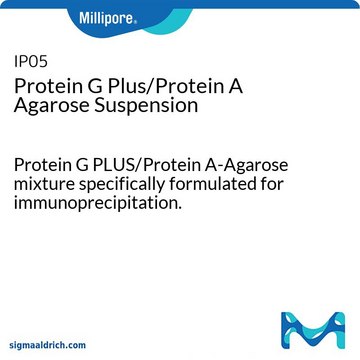208725
Calphostin C, Cladosporium cladosporioides
A cell permeable, highly specific inhibitor of protein kinase C (IC₅₀ = 50 nM) that interacts with the protein′s regulatory domain by competing at the binding site of diacylglycerol and phorbol esters.
Synonym(s):
Calphostin C, Cladosporium cladosporioides, UCN-1028c
About This Item
Recommended Products
Quality Level
Assay
≥95% (HPLC)
form
lyophilized solid
manufacturer/tradename
Calbiochem®
storage condition
OK to freeze
protect from light
color
light brown
solubility
DMSO: 1 mg/mL
ethanol: soluble
shipped in
ambient
storage temp.
2-8°C
InChI
1S/C44H38O14/c1-20(56-43(50)22-10-8-7-9-11-22)16-25-31-32-26(17-21(2)57-44(51)58-24-14-12-23(45)13-15-24)42(55-6)40(49)34-28(47)19-30(53-4)36(38(32)34)35-29(52-3)18-27(46)33(37(31)35)39(48)41(25)54-5/h7-15,18-21,45,48-49H,16-17H2,1-6H3
InChI key
LSUTUUOITDQYNO-UHFFFAOYSA-N
General description
Biochem/physiol Actions
PKC
Warning
Reconstitution
Other Notes
Svetlov, S., and Nigami, S. 1993. Biochim. Biophys. Acta 1177, 75.
Gopalakrishna, R., et al. 1992. FEBS Lett. 314, 149.
Shimamato, H., et al. 1992. Br. J. Pharmacol.107, 282.
Bruns, R.F., et al. 1991. Biochem. Biophys. Res. Commun.176, 288.
Tamaoki, T., et al. 1990. Biotechnology8, 732.
Kobayashi, E., et al. 1989. Biochem. Biophys. Res. Commun.159, 548.
Legal Information
Storage Class Code
11 - Combustible Solids
WGK
WGK 3
Flash Point(F)
Not applicable
Flash Point(C)
Not applicable
Regulatory Listings
Regulatory Listings are mainly provided for chemical products. Only limited information can be provided here for non-chemical products. No entry means none of the components are listed. It is the user’s obligation to ensure the safe and legal use of the product.
JAN Code
208725-100UG:
208725-UG:
208725-50UG:
Certificates of Analysis (COA)
Search for Certificates of Analysis (COA) by entering the products Lot/Batch Number. Lot and Batch Numbers can be found on a product’s label following the words ‘Lot’ or ‘Batch’.
Already Own This Product?
Find documentation for the products that you have recently purchased in the Document Library.
Our team of scientists has experience in all areas of research including Life Science, Material Science, Chemical Synthesis, Chromatography, Analytical and many others.
Contact Technical Service